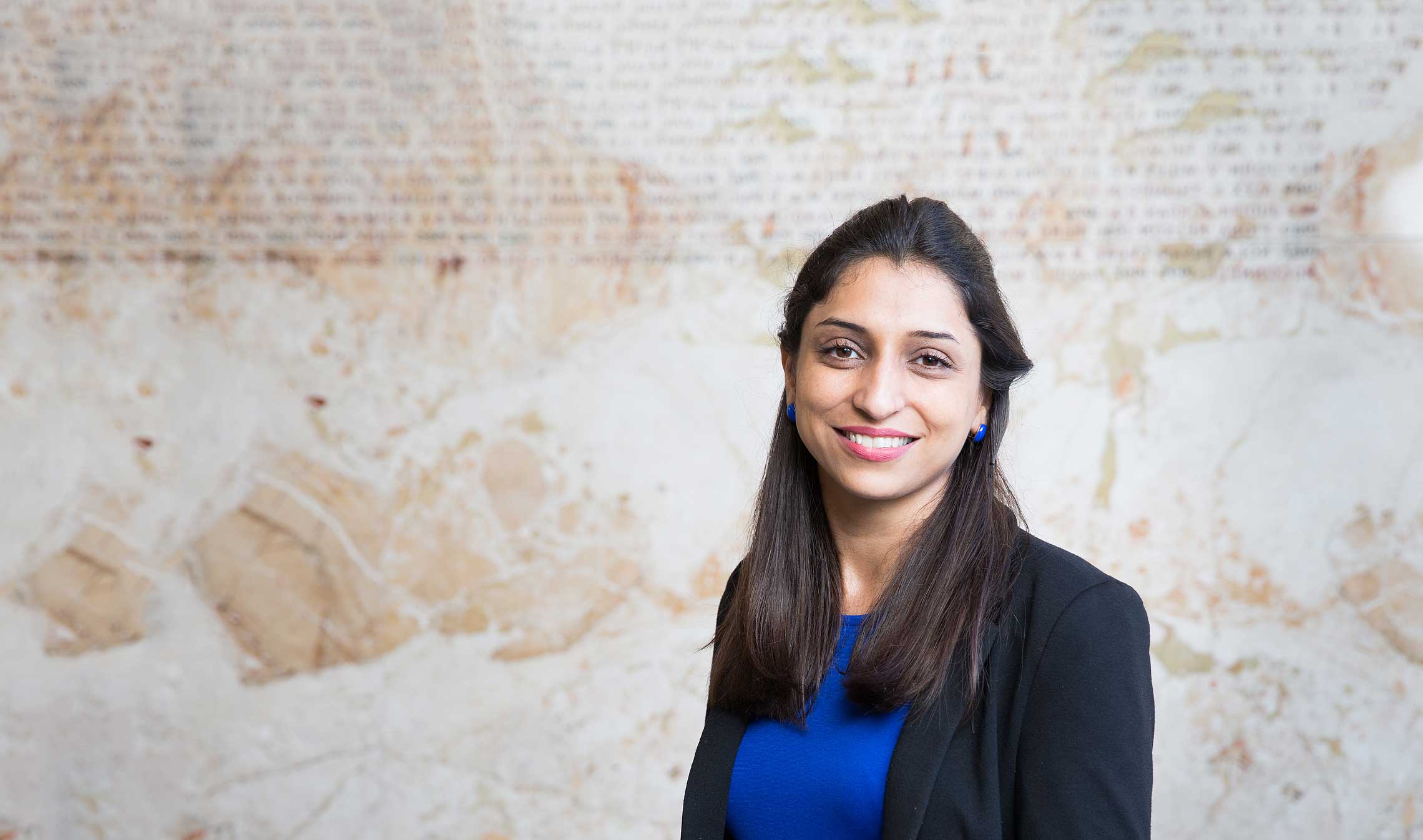How can we improve health care for new Canadians?

This story is one of many that reveal the extraordinary legacy of Boundless: the Campaign for the University of Toronto, which ended on December 31, 2018. Read more inspiring stories of impact and discover why more than 100,000 people came together to make the Boundless campaign an historic success.
Though a collaborative program in Bioethics at the Bloomberg School of Nursing, Somayeh Faghanipour is looking at how immigrant seniors perceive themselves in the context of home care and self-care in order to determine how to best diagnose and meet the needs of this often overlooked demographic of people.
Why senior immigrants might not be getting the health care they need
Her interest in immigrant populations stems, in part, from her own experience. “I know first-hand how challenging it can be to live in a new environment,” says Faghanipour, who worked as a nurse in Iran and studied in Belgium, the Netherlands and Italy before coming to U of T in 2014.
Evidence from the literature shows that senior immigrants have particular difficulties accessing health care. They are often marginalized and lack the knowledge and ability to navigate the system. They are usually perceived as a burden. Therefore, they may downplay or ignore their health problems to avoid the sense of being burdensome. These challenges can hinder accessing the necessary care, leading to serious complications and potentially life threatening conditions.
Diverse Toronto: ideal for doing research
Faghanipour chose U of T for her graduate work because of Toronto’s diversity and the University’s world-class academic reputation. “Fifty per cent of Torontonians are not born in Canada,” says Faghanipour. “This offers an incredibly rich environment to do my field research.” Faghanipour also appreciates U of T’s collaborative environment. “The program I’m doing is interdisciplinary,” she says, “so I get to know and talk to people from different disciplines and think broadly and critically about heath issues.”
She is also very grateful for the support she’s received from the Dean’s Scholarship for International Students, the University of Toronto Fellowship, the Global Health Education Scholarship and the Bluma Appel Community Trust Fellowship. “This support has alleviated my financial worries and allowed me to really focus on my studies,” she says. “I really appreciate the generosity of these donors.”
“Moving to a new country made me believe in my capabilities”
Most importantly, Faghanipour credits Canada and U of T with giving her a sense of unlimited possibility. “Moving to a new country and facing new challenges gave me courage,” she says, “and made me believe in myself and my capabilities.”
